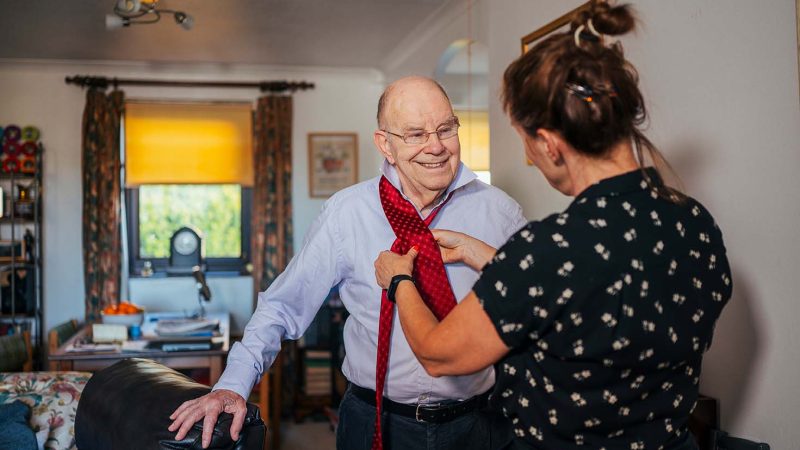
A powerful insight into the difficult transitions this author has faced, navigating life as a Young Adult carer.
Read more about Navigating Life as a Young Adult carer
A powerful insight into the difficult transitions this author has faced, navigating life as a Young Adult carer.
Read more about Navigating Life as a Young Adult carer
Read this new study by the Centre for Care team researching inequalities in care.
Read more about Estimating the Cost of Unpaid Care
Centre Director Kate Hamblin provides a round up of our Summer School activities.
Read more about Summer School 2024
Waiting for government action: What next for the social care workforce?
Three months after the General Election, Erika Kispeter reviews policy developments in social care, focusing on the workforce, to better understand why sector stakeholders are urging the new government to take urgent action and prioritise care.
Read more about Waiting for government action: What next for the social care workforce?Dr Duncan Fisher presents a film for the British Sociological Association, produced for A-level students, aiming to raise awareness of, and give context to, care and care work in relation to sociology.
Read more about Care, Social Care and Sociology – a short filmA research summary report of ‘The Transitions that Matter’ project, by Hayrunisa Pelge and Catherine Needham.
Read more about Summary Report: The Transitions that Matter ProjectUnpaid Carers: Will the next government acknowledge their value?
Maxine Watkins writes about the invaluable contribution unpaid carers make to society and how crucial it is that the next government prioritises their needs in policymaking and resource allocation.
Read more about Unpaid Carers: Will the next government acknowledge their value?As part of our ‘Transitions that Matter’ commentary series, Catherine Needham and members of the Centre for Care Voice Forum and the University of Birmingham Lived Experience Panel explore why so few people continue to transition to direct payments.
Read more about Why is the take-up of direct payments so low?Sue Yeandle comments on the recent reporting on Carer’s Allowance, providing context and highlighting the need for much overdue reform.
Read more about Carer’s allowance: let’s end this scandal now!